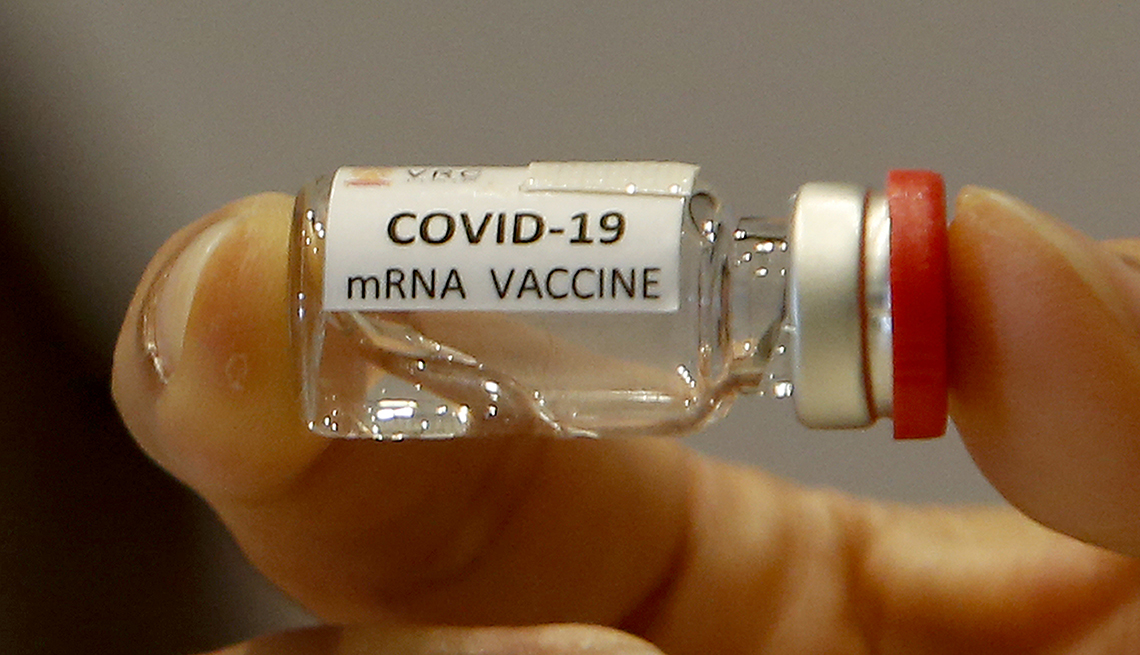
How mrna coronavirus vaccines prevent infection
- Select a language for the TTS:
- UK English Female
- UK English Male
- US English Female
- US English Male
- Australian Female
- Australian Male
- Language selected: (auto detect) - EN
Play all audios:

This existing work could help reassure people worried about unexpected reactions or side effects. (People who have received the vaccine typically report soreness and irritation at the
injection site and, in some cases, a day or two of flu-like symptoms.) The trials leading to approval were also conducted quickly, but no steps in the process were skipped, Weissman says.
“Usually you do a phase 1, wait a year, evaluate the results, talk to the FDA, then move on to a phase 2 and then a phase 3,” he says. “Here the phases were done one right after the other.”
The vaccines were also tested in 30,000 to 40,000 people, to confirm their safety and efficacy. Many other worries also appear unfounded: The mRNA vaccine can't give you COVID-19
because it doesn't contain the whole virus. “The SARS-CoV-2 virus is made of 25 different pieces. The mRNA vaccine has only one piece of it,” Sette says. And because it can't reach
the cell's nucleus, there's no chance that it could interfere with a person's DNA. HOW THESE VACCINES WILL PROTECT AGAINST FUTURE VIRUSES There are disadvantages, though. The
mRNA vaccines have to be kept very cold in order to keep the RNA stable — it degrades quickly at room temperature — making it more difficult to distribute. For now, two shots are needed to
protect you from COVID-19, and experts worry that some people will skip the second one. But scientists are confident that these drawbacks can be overcome. And they've got even grander
goals with this type of vaccine. “We're working on a vaccine that will cover all coronaviruses,” Weissman says. “So when the next one suddenly appears somewhere in the world, we'll
have a vaccine ready to go and we won't have to shut down the world for 10 months.” Fuller envisions a similar kind of “universal vaccine” for seasonal flu. “What we have now is a
toolbox of these advanced technologies for vaccines that now we're going to be able to leverage, not just for COVID, but for a lot of other infectious diseases, even to the point where
we may be able to replace some of our current vaccines that may not be what I would call optimal,” she says. Thorpe hopes her part in a vaccine trial makes a difference for others — and
herself. The full-body muscle aches and fatigue she got after each shot convinced her that she received the vaccine and not a placebo. “But,” she says, “if it protects me from dying, it was
well worth it."
